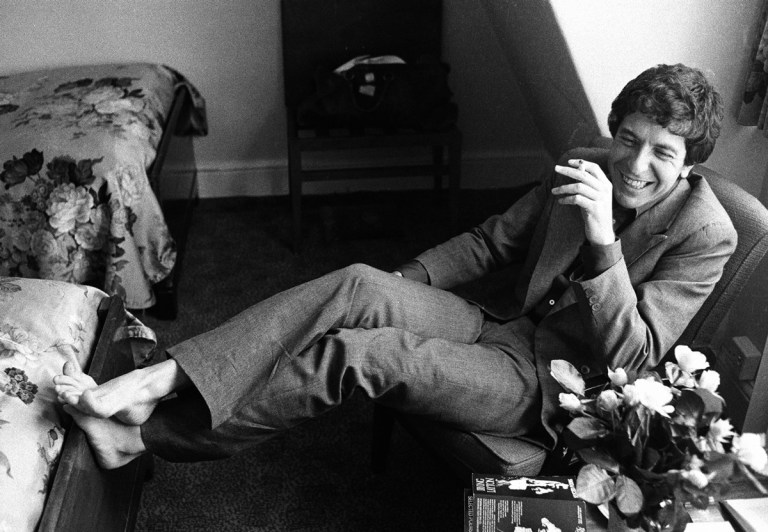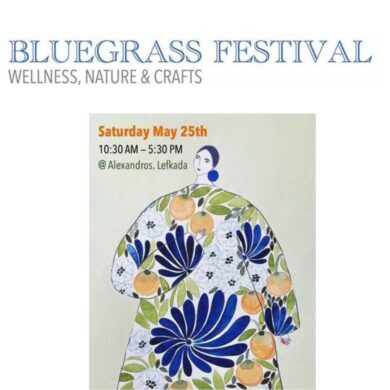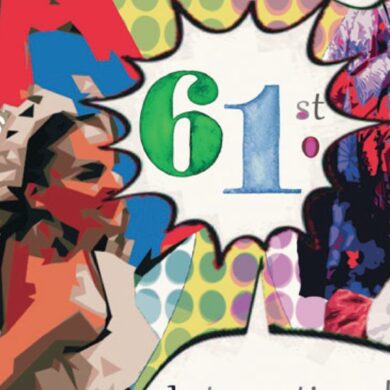by Maria Popova
“The poem is nothing but information. It is the Constitution of the inner country.”
“We die. That may be the meaning of life,” Toni Morrison asserted in her spectacular Nobel Prize acceptance speech. “But we do language. That may be the measure of our lives.” We do language not merely with our words — which are themselves events — but with the lived and living presence behind them. “Words mean. Words point. They are arrows. Arrows stuck in the rough hide of reality,”Susan Sontag wrote in contemplating the conscience of words. If words are the arrow, we ourselves — our interior landscapes, our outward actions, the authenticity of our lives — are the bow.
The elusive, essential art of not mistaking one for the other is what Leonard Cohen(September 21, 1934–November 7, 2016) explores in a prose poem from his out-of-print 1978 book of poetry, Death of a Lady’s Man (public library).
In consonance with James Baldwin’s insistence that “it is experience which shapes a language; and it is language which controls an experience,” Cohen — who began his career as a poet — writes:
Take the word butterfly. To use this word it is not necessary to make the voice weigh less than an ounce or equip it with small dusty wings. It is not necessary to invent a sunny day or a field of daffodils. It is not necessary to be in love, or to be in love with butterflies. The word butterfly is not a real butterfly. There is the word and there is the butterfly. If you confuse these two items people have the right to laugh at you. Do not make so much of the word. Are you trying to suggest that you love butterflies more perfectly than anyone else, or really understand their nature? The word butterfly is merely data. It is not an opportunity for you to hover, soar, befriend flowers, symbolize beauty and frailty, or in any way impersonate a butterfly. Do not act out words. Never act out words.
[…]
Speak the words with the exact precision with which you would check out a laundry list. Do not become emotional about the lace blouse. Do not get a hard-on when you say panties. Do not get all shivery just because of the towel. The sheets should not provoke a dreamy expression about the eyes. There is no need to weep into the handkerchief. The socks are not there to remind you of strange and distant voyages. It is just your laundry. It is just your clothes. Don’t peep through them. Just wear them.
Four decades before poet Elizabeth Alexander contemplated “the revelatory and unguarded and surprising self in language,” Cohen writes:
The poem is nothing but information. It is the Constitution of the inner country. If you declaim it and blow it up with noble intentions then you are no better than the politicians whom you despise. You are just someone waving a flag and making the cheapest kind of appeal to a kind of emotional patriotism. Think of the words as science, not as art. They are a report. You are speaking before a meeting of the Explorers’ Club of the National Geographic Society. These people know all the risks of mountain climbing. They honour you by taking this for granted. If you rub their faces in it that is an insult to their hospitality. Tell them about the height of the mountain, the equipment you used, be specific about the surfaces and the time it took to scale it. Do not work the audience for gasps and sighs. If you are worthy of gasps and sighs it will not be from your appreciation of the event but from theirs. It will be in the statistics and not the trembling of the voice or the cutting of the air with your hands. It will be in the data and the quiet organization of your presence.
Complement with Virginia Woolf’s love letter to words in the only surviving recording of her voice, then revisit Cohen on creativity, the art of stillness, and democracy and its redemptions.







